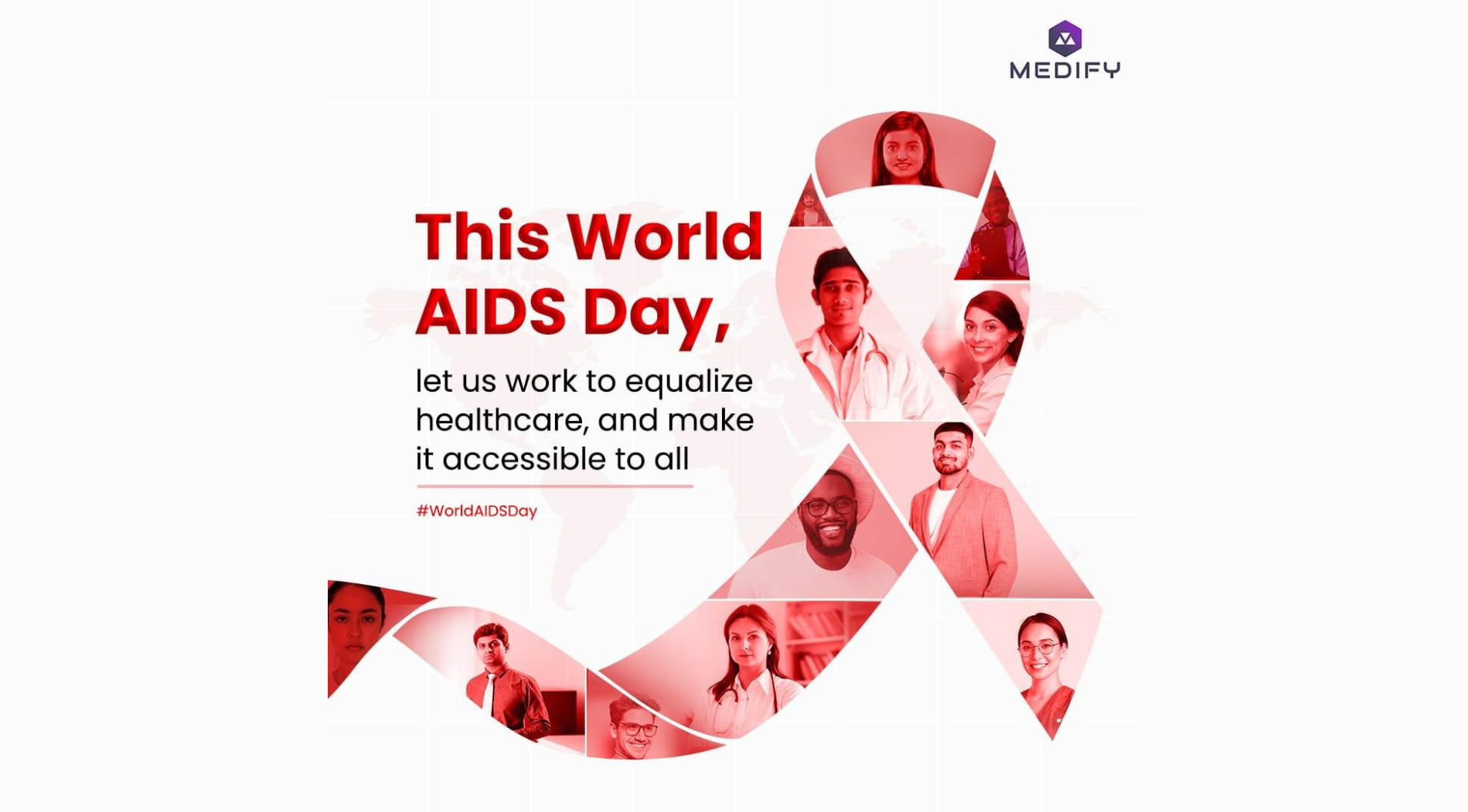World AIDS Day
World AIDS Day is observed on December 1 every year. This is an opportunity for people worldwide to unite in the fight against HIV, to stand in solidarity with those who are infected, and to pay tribute to those who have lost their lives to AIDS-related illnesses.
The global HIV response is in danger even though HIV remains a serious public health issue that affects millions of people worldwide. The recent stagnation in HIV objective progress and resource exhaustion put many lives at risk. Due to a number of issues, including division, inequality, and disregard for human rights, HIV became and remained a global health epidemic.
World AIDS Day: Theme and Background
The disparities that contribute to the AIDS pandemic can be addressed; they are avoidable. UNAIDS is urging all of us to address the injustices preventing the fight to end AIDS on this World AIDS Day, December 1.
“Equalise” is a theme that encourages action. It is a call to action for all of us to pursue the tried-and-true strategies needed to eliminate inequalities and support the fight against AIDS.
- Increase the accessibility, acceptability, and quality of services for HIV prevention, treatment, and testing in order to ensure that everyone is well-cared for.
- Communities will be free to use and alter the “Equalize” message to highlight the particular injustices they face and demand the necessary corrective actions.
World AIDS Day: History
On December 1st, 1988, the World Health Organization (WHO) established World AIDS Day to encourage information sharing among local and federal government agencies, international organizations, and private citizens. When the first World AIDS Day was observed in 1988, it was thought that between 90,000 and 150,000 people had HIV, which causes AIDS.
Within 20 years, over 33 million people had acquired HIV, and over 25 million people have died from AIDS since 1981 when the disease was first recognized. As a result, AIDS awareness campaigns began to put more of an emphasis on supporting and uniting international organizations that aim to inform society about HIV/AIDS. World AIDS Day will take place on December 1st, 2022.
World AIDS Day: Importance
In the entire world, 38 million people are HIV positive. Despite the virus being discovered only in 1984, it has been one of the deadliest pandemics in history, killing close to 35 million people.
Science has made strides in HIV treatment today, and laws protecting people living with HIV are in place. Since the general public is ignorant of the realities regarding how to protect oneself and others, many people who live with the disease still experience stigma and discrimination.
World AIDS Day is important because it serves as a reminder to the populace and the government that HIV is still a serious issue that needs immediate funding, increased awareness, the eradication of prejudice, and better educational opportunities.
What AIDS-related initiatives are there in India?
- According to this act, the central and state governments shall take measures to prevent the spread of HIV or AIDS.
Access to ART
- India has made Antiretroviral therapy (ART) affordable and accessible to over 90 percent of people living with HIV in the world.
Memorandum of Understanding (MoU)
- The Ministry of Health and Family Welfare signed a memorandum of understanding with the Ministry of Social Justice and Empowerment in 2019 for enhanced HIV/AIDS outreach and to reduce the incidence of social stigma and discrimination against victims of drug abuse and Children and People Living with HIV/AIDS.
Project Sunrise
- The Union Minister of Health and Family Welfare, J P Nadda, launched “Project Sunrise” in February 2016 for the prevention of AIDS, especially among people injecting drugs in the 8 North-Eastern states.
Disclaimer: This information is only general in nature, including advice. It is not a replacement for expert medical recommendations in any way. For additional information, always seek the advice of a specialist or your own physician


